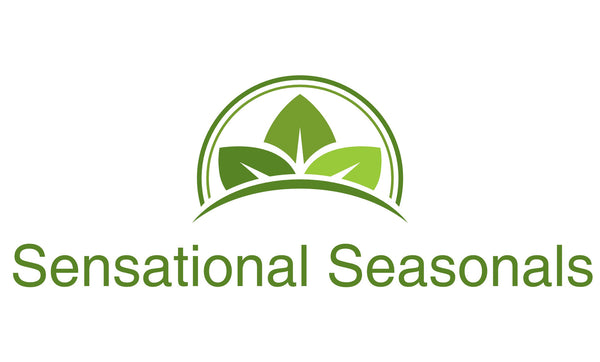Bitter leaf is one of those ingredients that carries a strong memory for those that are familiar with it. For many African households, bitter leaf isn’t just a cooking ingredient — it’s medicine. Passed down from generation to generation, it’s been used to help with fever, stomach problems, and even chronic fatigue.
But somewhere along the way, a lot of people stopped using it. Now, as more people look for natural ways to support their health, bitter leaf is in the spotlight — and for good reason.
What Is Bitter Leaf and How Is It Traditionally Used?
Bitter leaf, or Vernonia amygdalina, grows in many parts of sub-Saharan Africa. The leaves are exactly what the name suggests — intensely bitter. But in African culture, especially in Nigeria, Cameroon, and parts of East Africa, 'bitter' is often associated with cleansing.
The leaves are commonly:
-
Washed and used in soups like ogbono or egusi
-
Boiled into herbal teas or decoctions
-
Chewed raw in some rural traditions
-
Mixed with other herbs for home remedies
In many homes, it’s the first thing given when someone starts feeling feverish or bloated.

Image of bitter leaf soup from africanbites.com
A Traditional Remedy for Malaria
Long before pharmacies and fever tablets, bitter leaf was used to support the body during malaria episodes. People would boil a handful of fresh or dried leaves and drink the water, often for several days in a row.
While bitter leaf isn’t a replacement for antimalarial drugs, it’s still used today in many communities for:
-
Reducing fever
-
Easing chills and body pain
-
Supporting the liver and immune system during recovery
Some early research in even points to bitter leaf having antiplasmodial properties, meaning it may interfere with malaria parasites — though more studies are needed to confirm this in humans.

Good for the Gut — Even When the Taste Isn’t
If you ask anyone who’s grown up with bitter leaf, and they’ll tell you: it works. Especially when your stomach is upset.
People use it for:
-
Bloating and gas
-
Loss of appetite
-
Constipation or sluggish digestion
-
After overeating or eating something too oily
The bitterness stimulates the digestive system and helps food move through more smoothly. Some people even chew a few raw leaves first thing in the morning to help clear out the gut before eating.
I've you are not keen on the bitter taste, I've found some Natural Bitter Leaf Capsules on Amazon.

Other Things Bitter Leaf Can Help With
It’s mostly known for malaria and digestion, but bitter leaf is used for much more, including:
-
Blood sugar support: Some traditional healers recommend it for people with elevated sugar levels.
-
Liver function: The bitterness is believed to support natural detoxification.
-
Low iron levels: Bitter leaf contains plant-based iron and can be added to soups.
-
Fatigue: It’s often used to help people feel stronger after illness or stress.
How to Use Bitter Leaf at Home
If you're new to bitter leaf or haven't used it in a while, here are a few simple ways to reintroduce it:
1. Bitter Leaf Tea (Decoction)
-
Boil a handful of washed leaves in water for 10–15 minutes.
-
Strain and drink warm, once or twice a day.
-
Optional: Add ginger or lemon to soften the taste.
2. In Soup or Stew
-
Add washed, squeezed bitter leaf to traditional soups like ogbono or egusi.
-
Cooking it softens the bitterness but keeps the benefits.
3. Juice for Cleansing
-
Blend the fresh leaves with a small amount of water, strain, and drink in small sips.
-
This method is strong — not for everyone — and should be done occasionally.

Image of bitter leaf drink from nimedhealth.com.ng
Who Should Avoid Bitter Leaf?
Bitter leaf is natural, but it’s still strong. Here’s who should be cautious:
-
Pregnant women: It may stimulate uterine activity — best to avoid unless advised by a healthcare provider.
-
People with very low blood pressure: Bitter leaf may lower it further.
-
Those on certain medications: Especially for blood sugar or blood pressure — speak with a doctor first.
-
Children under 5: Unless guided by a qualified herbalist.
Final Thoughts
Bitter leaf isn’t new. It’s not trendy or branded. But it works — and it always has. It’s been trusted by mothers, grandmothers, and traditional healers for centuries. And as more people look back to nature and their roots, bitter leaf is standing firm as one of the quiet essentials.
